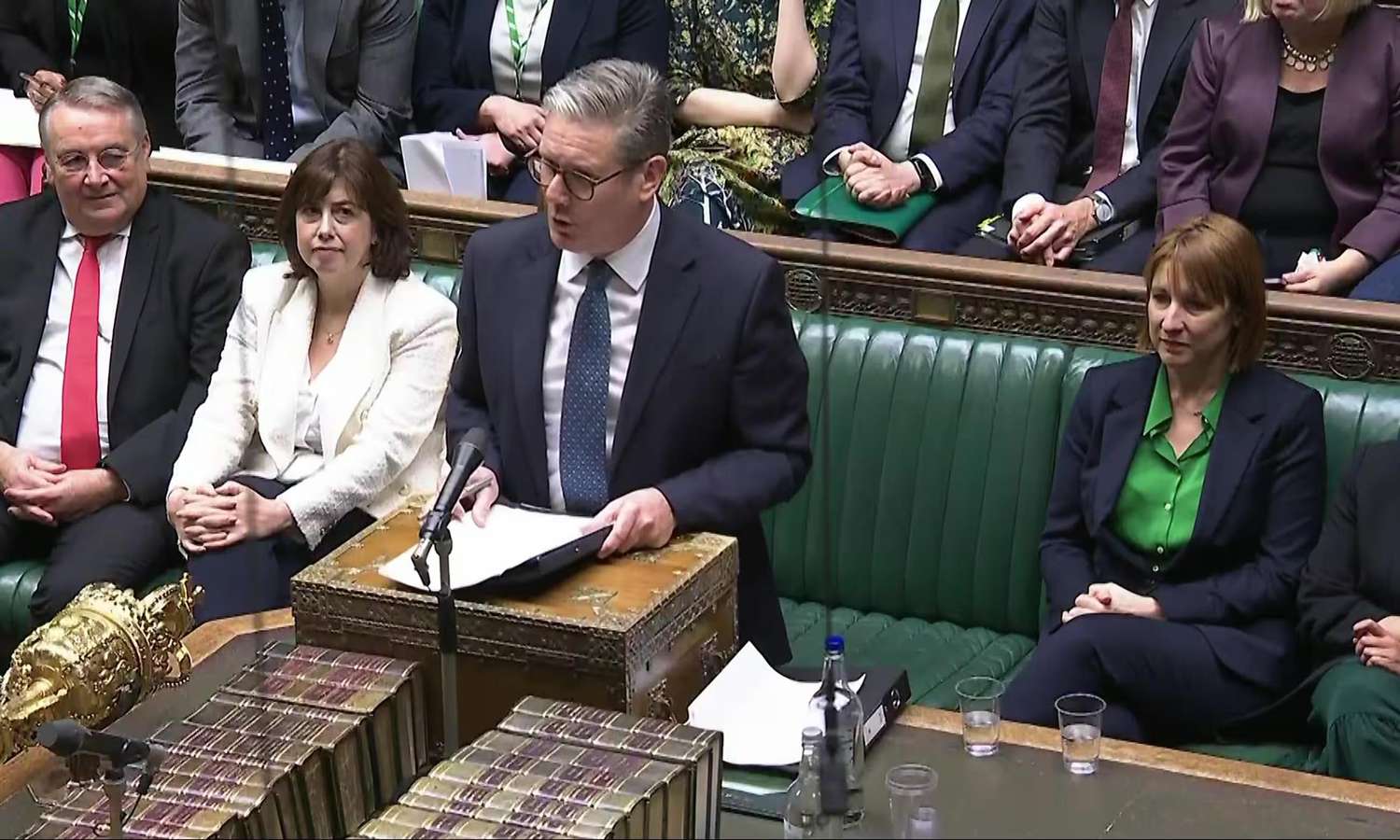Although there are rumours that Keir Starmer is considering include the increase in employers' national insurance contributions in the budget, he has declined to rule it out.
During Prime Minister's Questions on Wednesday, Starmer declined to clarify if his pledge in the manifesto to keep national insurance rates low extended to contributions made by employers and employees.
A "tax lock on working people – a pledge not to raise rates of income tax, national insurance or VAT" was part of Labour's manifesto.
The prime minister was questioned repeatedly by opposition interim leader Rishi Sunak on whether the commitment extended to employers' national insurance contributions.
“We made an absolute commitment in relation to not raising tax on working people,” Starmer replied.
Pressed again, the prime minister added: “We set out our promises in the manifesto. We were returned with a huge majority to change the country for the better, and I stick to my promises in the manifesto.”
Rachel Reeves, the chancellor, will deliver her first budget on 30 October. She is considering a number of revenue-raising measures in an attempt to avoid the cuts to public services that had been assumed under the Conservative government’s spending plans.
There has been speculation that Reeves could seek to raise revenue by making changes to employers’ national insurance contributions.
Analysts have argued that pensions taxation could be a particular target for reform. At the moment, employers’ contributions to pensions are not subject to employer or employee national insurance contributions.
In a report earlier this week, the Institute for Fiscal Studies (IFS) said that “it would be sensible to move towards levying employer NICs on employer pension contributions” even though Labour’s manifesto pledge “might make that difficult”.
The thinktank estimated that if employer NICs were introduced on pension contributions at the full 13.8% rate this would raise around £17bn a year.
Speculation that Reeves was considering this move began after Steve Webb, a former Liberal Democrat pensions minister, argued it would be the least politically difficult way to recoup some of the £49bn tax relief afforded to pensions each year.
The IFS report said the existing pension tax system “provides overly generous tax breaks to those with the biggest pensions, those with high retirement incomes and those receiving big employer pension contributions, and there is a strong case for reform”.
Asked whether the government would rule out raising employers’ national insurance contributions in general, the prime minister’s spokesperson told reporters: “When it comes to taxes, I’d have nothing to add beyond what is in the manifesto, which is clear that we will ensure taxes on working people are kept as low as possible, and that we will not increase taxes on working people, which is why we will not increase national insurance, income tax or VAT.”
In response to Starmer, Sunak told the Commons: “It is clear he’s opened the door to raising employer national insurance contributions, including on pensions, and fiddling the figures so that he can borrow more.”
Reeves has opted not to raise tax on pension contributions, according to reports this week.

_2.jpg)
_2.jpg)





.svg)


_1.jpg)
